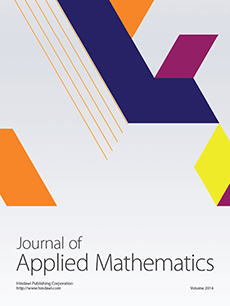Abstract
MEG/EEG beamformer source imaging is a promising approach which can easily address spatiotemporal multi-dipole problems without a priori information on the number of sources and is robust to noise. Despite such promise, beamformer generally has weakness which is degrading localization performance for correlated sources and is requiring of dense scanning for covering all possible interesting (entire) source areas. Wide source space scanning yields all interesting area images, and it results in lengthy computation time. Therefore, an efficient source space scanning strategy would be beneficial in achieving accelerated beamformer source imaging. We propose a new strategy in computing beamformer to reduce scanning points and still maintain effective accuracy (good spatial resolution). This new strategy uses the distribution of correlation values between measurements and lead-field vectors. Scanning source points are chosen yielding higher RMS correlations than the predetermined correlation thresholds. We discuss how correlation thresholds depend on SNR and verify the feasibility and efficacy of our proposed strategy to improve the beamformer through numerical and empirical experiments. Our proposed strategy could in time accelerate the conventional beamformer up to over 40% without sacrificing spatial accuracy.
Citation
Jun Hee Hong. Sung Chan Jun. "Scanning Reduction Strategy in MEG/EEG Beamformer Source Imaging." J. Appl. Math. 2012 (SI04) 1 - 19, 2012. https://doi.org/10.1155/2012/528469
Information





